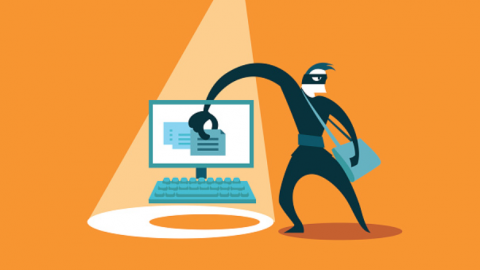Buying used industrial equipment can be a great way to save money and get the equipment you need for your business. However, it can also be risky if you don’t know what to look for or how to evaluate the equipment properly. In this article, we will provide you with some tips to help you buy used industrial equipment with confidence.
1. Research the equipment
Before you start looking for used industrial equipment, you need to research the equipment you need. Start by determining the exact specifications and features you require. You should also research the manufacturer, model, and year of the equipment you need. This information will help you make informed decisions when you’re looking for equipment to buy.
2. Determine your budget
Determine your budget before you start looking for used industrial equipment. Your budget will help you narrow down your search and ensure that you don’t overspend. Remember to consider the total cost of ownership, which includes maintenance, repair, and operating costs.
3. Buy from reputable sellers
When you’re buying used industrial equipment, it’s important to buy from reputable sellers. Look for sellers with good reviews and ratings, and avoid buying from individuals or companies with a history of bad reviews or complaints. You can also consider buying from well-known auction sites, which often have strict seller requirements.
4. Inspect the equipment
Before you buy any used industrial equipment, make sure to inspect it thoroughly. This includes checking the condition of the equipment, looking for any signs of wear or damage, and testing the equipment to ensure that it works properly. If possible, ask for a demonstration or a test run to see the equipment in action.
5. Check the maintenance history
Make sure to check the maintenance history of the equipment you’re interested in buying industrial surplus. This will give you an idea of how well the equipment has been maintained and whether it’s likely to need any repairs or maintenance in the near future. If the seller can’t provide a maintenance history, it’s a red flag and you should consider looking for another seller.
6. Look for warranties or guarantees
When you’re buying used industrial equipment, look for sellers who offer warranties or guarantees. This will give you some protection if the equipment fails or doesn’t work as expected. Some sellers may also offer extended warranties or service contracts for an additional fee.
7. Consider transportation and installation costs
When you’re buying used industrial equipment, don’t forget to consider transportation and installation costs. These costs can add up quickly, so make sure to factor them into your budget. If the seller offers transportation or installation services, make sure to get a quote and compare it to other options.
8. Negotiate the price
Don’t be afraid to negotiate the price when you’re buying used industrial equipment. Most sellers are willing to negotiate, especially if the equipment has been on the market for a while. Use your research and inspection findings to justify your offer and negotiate a fair price for both parties.
9. Consider financing options
If you can’t afford to pay for the equipment upfront, consider financing options. Some sellers may offer financing, or you can consider getting a loan from a bank or other financial institution. Make sure to calculate the total cost of financing, including interest and fees, to ensure that it fits within your budget.
10. Get professional advice
If you’re not familiar with the equipment or the industry, consider getting professional advice before you buy. A consultant or industry expert can help you evaluate the equipment and provide advice on whether it’s a good investment for your business. This can save you money and help you avoid costly mistakes.
In conclusion, buying used industrial equipment can be a great way to save money and get the equipment you need for your business. However, it’s important to do your research, inspect the equipment, and buy from reputable sellers.










